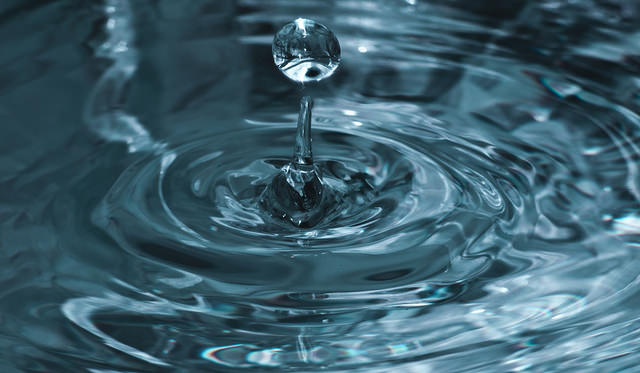Unfortunately, drinking unfiltered water has some health implications to consider as chemicals and other toxins are added to, or remain in the water. In South Australia, we entrust water treatment facilities with the responsibility of providing safe drinking water, but they only test and regulate a stipulated number of contaminants. Some chemicals like chlorine and fluoride are deliberately added to the tap water for specific purposes including the disinfection process, which is used to rid the water of harmful micro-organisms. You can see more about water filtration systems at Waterways.
Other contaminants that can be found are lead, by-products, called trihalomethanes (THMs), form when the chlorine reacts with organic matter in the water, chromium and arsenic which is naturally occurring in certain types of rocks and can potentially contaminate groundwater and underground reservoirs
There are several others contamination risks that can also enter the waterways from industrial effluent directly emptied into the ground water systems or from contaminated soil. To ensure safe tap water, controlling man-made pollution is just as important as considering the latest water purification technologies.
Mr Amis said the most worrying breaches in South Australia related to the potentially cancer causing by-products from the chlorine disinfection process that occurs during S.A. water treatment. The by-products, (THMs) which, when tested as a group, should not exceed 250 parts per billion.
“If these compounds were calculated individually, there were almost 3000 individual disinfection by-product breaches,” Mr Amis said, 2012.
Let’s look at the most relevant additives and chemicals found commonly in unfiltered water.
Flouride
Fluoride was first introduced to Australia’s drinking water in 1953 at Beaconsfield in Tasmania. Today more than 80% of Australians consume water with fluoridation.
In South Australia, water fluoridation commenced in Adelaide in 1971. Currently 90% of the state’s communities have access to reticulated water with accepted levels of fluoride.
There is a lot of controversy on this topic. Many countries including Australia, choose to fluorinate drinking water due to the belief it acts like a repair kit for teeth. There is strong opposition though, due to the fact that fluoride can also cause damage to general health, compared to its purported benefits for dental health. The Fluoride Action Network have cited numerous studies that link several health issues to it found in the water. There are a growing number of developed countries that had earlier implemented drinking water fluoridation but in the light of new research have since stopped the practice.
Chlorine
Chlorine is a chemical which comes in several forms and is used to disinfect water in salinisation treatment plants and swimming pools. The Chlorine is a pungent smelling gas known to irritate the nasal passages, but this chemical is can work effectively to destroy pathogens found in water to reduce the risks of waterborne diseases such as typhoid, viral hepatitis, cholera and salmonellosis.
The downside is that it can cause many health problems, including certain types of cancer. It is commonly added either as compressed chlorine gas or liquid sodium hypochlorite solution or calcium hypochlorite in powder form.
Lead
Lead can be found in water and old metal fixtures connecting the house supply to the mains is usually the culprit.
Unlike chlorine, lead dissolved in water does not cause any changes in colour, smell, or taste, so the only option is to get the tap water tested as recommended by expert.
Lead is extremely toxic, in particular it can affect the neuromuscular system and causes symptoms ranging from abdominal problems and fatigue to cognitive decline and irreversible brain damage.
How do I ensure that the water I drink is safe?
Ensuring your drinking water is clear of any harmful bacteria is important as it has the potential to cause health threats. This is one of the reason why Waterways have developed a CC1 Quad Action filtration system. This system has been specifically designed to provide you with a constant source of clean, sweet tasting water.
Why is it important to consume clean water? With the increase of pollutants which are finding their way into our water supply, resulting in our water being filled with a high percentage of water toxins.
So not only is it important that you drink water, it is also essential that you and your family drink clean filtered water.
At Waterways, we provide sophisticated and targeted methods of ensuring your drinking water remains safe to drink and reducing the need for chemical treatments.

